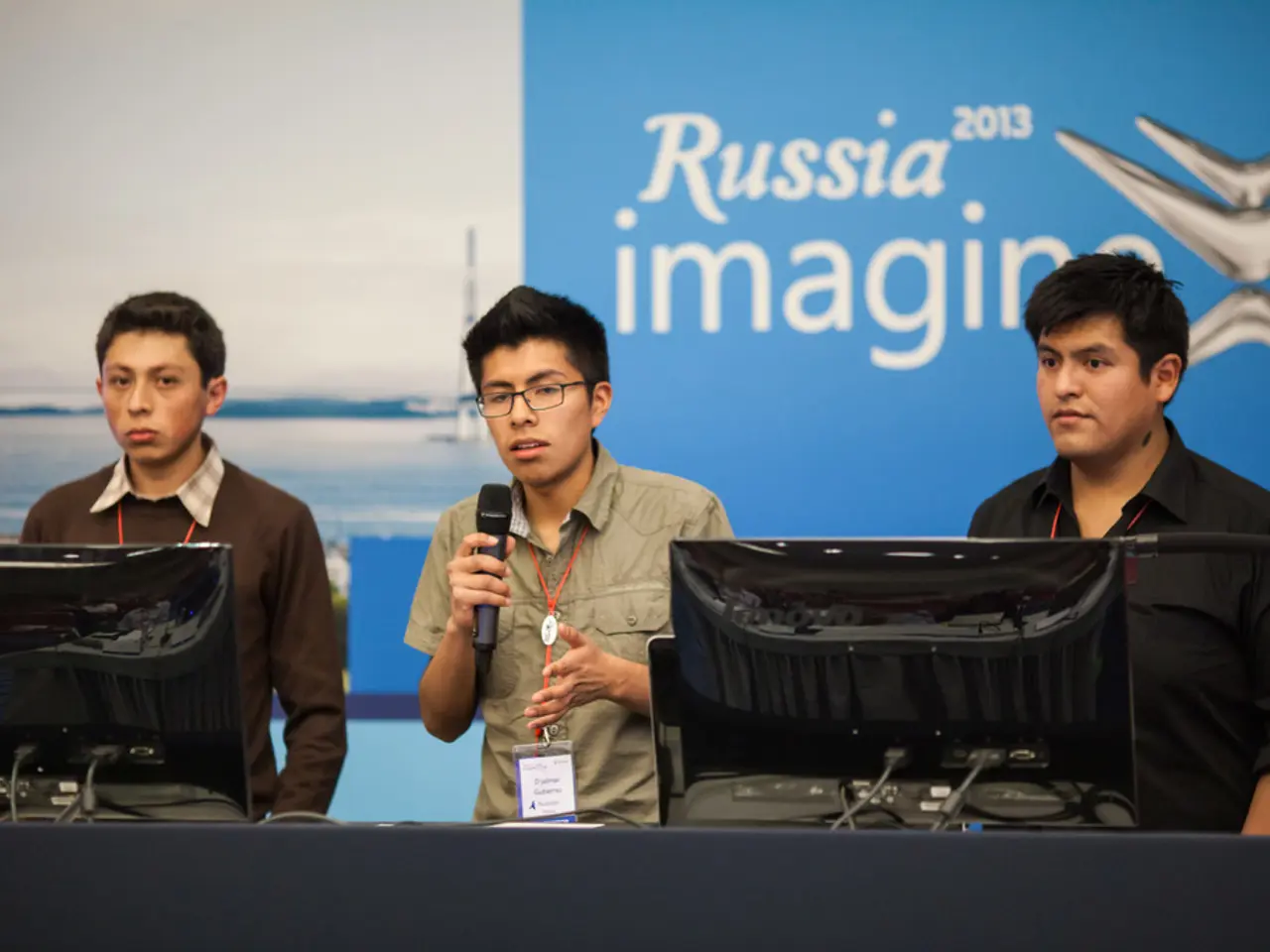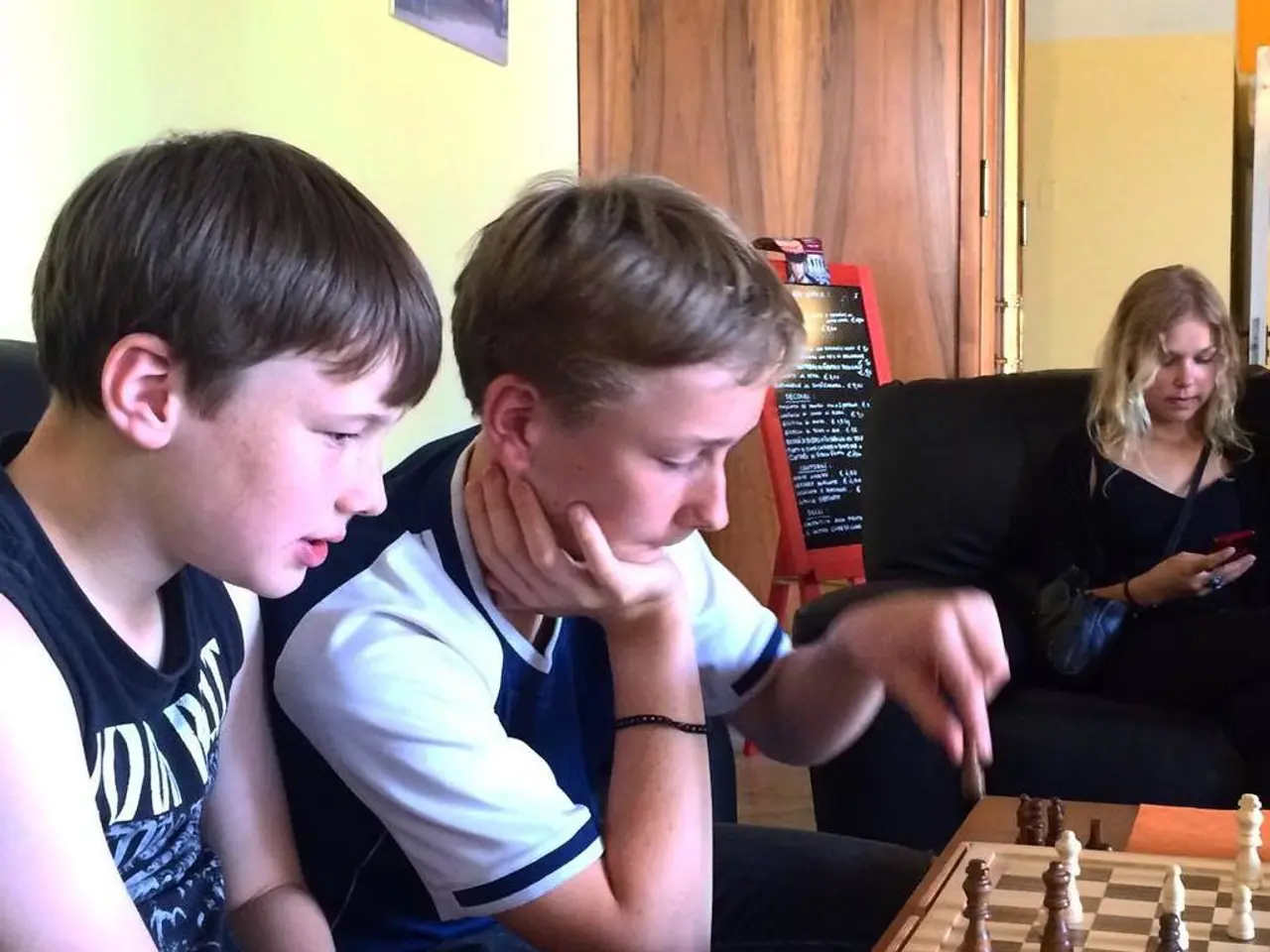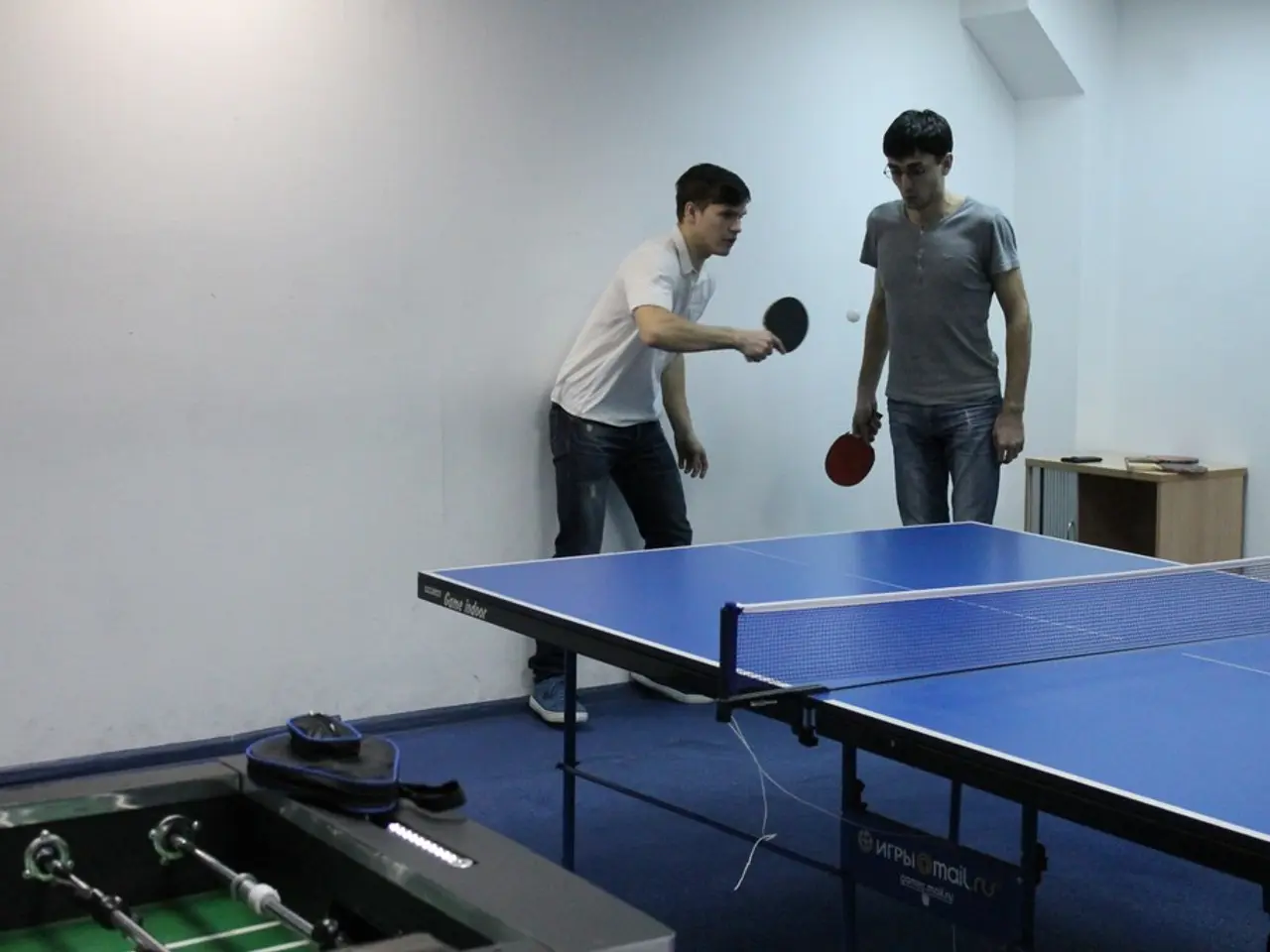Live Broadcast: 2024 Hagel Lecture, Highlighting Speeches by Former Secretaries Chuck Hagel and Jeh Johnson
Get ready for an insightful evening! Don't miss out on the University of Chicago's Chicago Project on Security and Threats' Hagel Lecture, happening today at 6:00 p.m. EDT. This year's event features a dynamic discussion between former Secretaries of Defense Chuck Hagel and Jeh Johnson, moderated by Professor Robert Pape. They'll be diving into the ongoing "democratic decay"—a worldwide trend that's been shaking things up in recent years.
But what exactly is this "democratic decay"? It's a broad term that encompasses the backsliding of democracies across the globe. Let me break down some key factors contributing to this phenomenon:
- Populism and Intolerance: Winning political parties, known for their populism, intolerance, and acceptance of political violence, are eroding democracies by shunning democratic principles and promoting intolerance.
- Polarization and Conflict: Soaring polarization is splitting societies into hostile factions, causing distrust, disrespect for opponents, and a disregard for factual reasoning and democratic norms. This polarization is associated with support for undemocratic leaders and the weakening of democratic institutions.
- Economic Disparity: Widening wealth gaps are fueling dissatisfaction with democratic governance, offering opportunities for populist and authoritarian politicians to seize power.
- Manipulation and Foreign Interference: Governments are using media, civil society, and law manipulation to maintain power, while foreign disinformation campaigns, particularly digital ones, undermine electoral integrity and public trust in democracies.
- Executive Power Concentration: The accumulation of power in the executive branch weaks checks and balances essential for democracy, supporting authoritarian tendencies.
- Authoritarian Success Models and Geopolitical Pressure: The apparent economic success of some authoritarian regimes, such as China, challenges democratic governance, while autocratic powers like Russia and China exert influence through economic and disinformation tactics to destabilize democracies.
- COVID-19 Impact: The pandemic has intensified pressure on democratic institutions by justifying emergency powers and exacerbating social and economic divisions.
In the current state of affairs, democracies worldwide face the slow but steady process of incremental autocratization, making it challenging for opposition forces to unite and push back against autocratic tendencies. While established democratic institutions, like independent judiciaries, serve as a bulwark against authoritarian drift, newer institutions are less effective at preventing democratic collapse.
The decline of democracy is a persistent challenge, and no clear solutions have emerged after two decades of decline. Additionally, the weakening of traditional political bases and the realignment of political parties complicate democratic governance and reform agendas. Further, authoritarian influences and geopolitical tensions, such as the war in Ukraine and conflicting international agendas, expose limitations in the ability of democratic powers to maintain a stable global order conducive to democratic resilience.
In essence, the "democratic decay" we're witnessing is a complex mix of populism, polarization, economic inequality, authoritarian influence, and institutional weaknesses, with democratic institutions struggling against these pressures globally, and no definitive solution yet on the horizon. Make sure you catch this enlightening discussion to stay informed about the state of democracy in our world today!
- The discussion between Chuck Hagel and Jeh Johnson at the University of Chicago's Chicago Project on Security and Threats' Hagel Lecture will touch upon the impact of factors such as populism, economic disparity, and foreign interference on the ongoing democratic decay and the challenges that democracies worldwide face today.
- In the realm of policy-and-legislation, the ongoing democratic decay poses a significant security threat, requiring a comprehensive approach to address issues like polarization, authoritarian influences, and executive power concentration to strengthen and preserve democratic institutions globally.








